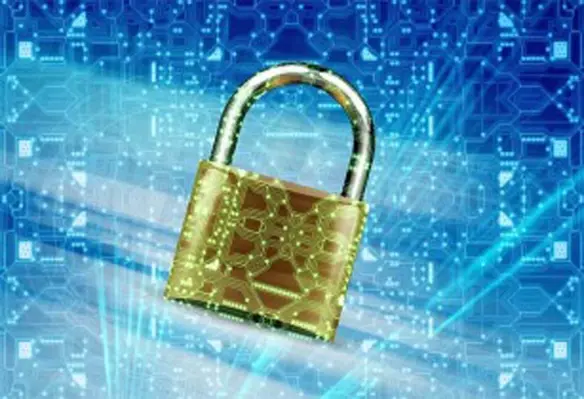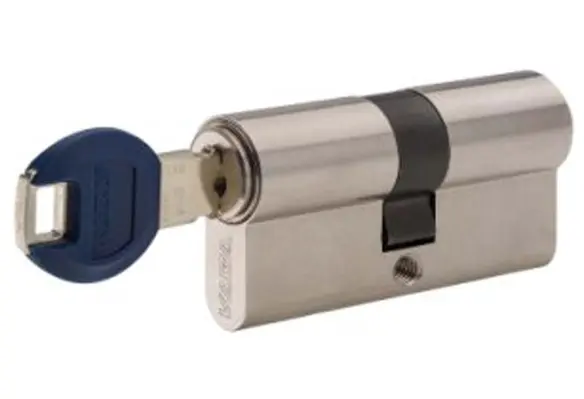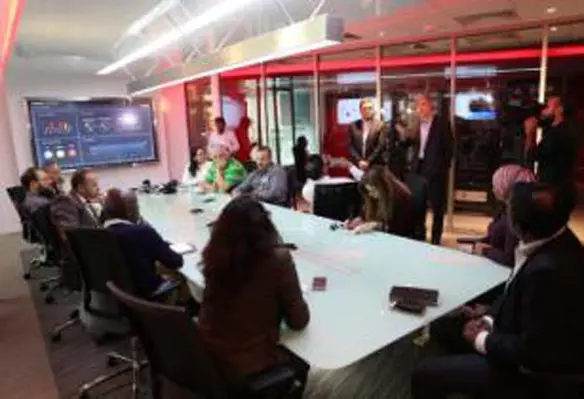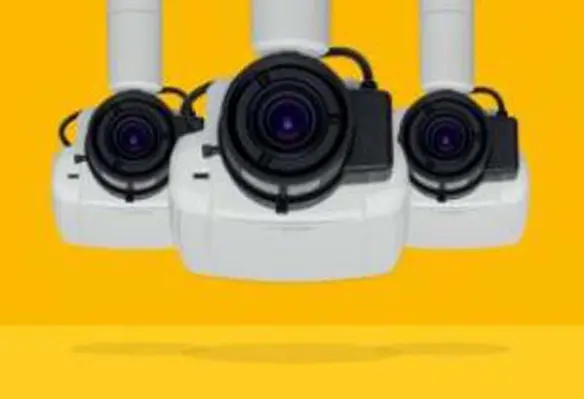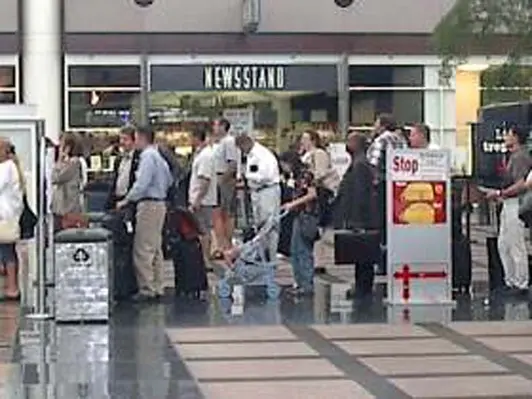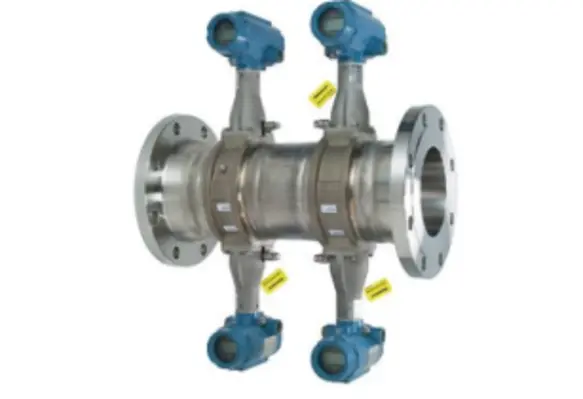Industrial Insights
Industrial Insights
- Details
- Deblina Roy
- Security
- Topic: Security
- Date: 21 February, 2018
- Year: 2018
Oman’s BankDhofar has received the payments card industry data security standard (PCI DSS) version 3.2 compliance certification, one of the most rigorous industry-recogniaed payment-card security standards globally
- Details
- Deblina Roy
- Security
- Topic: Security
- Date: 20 February, 2018
- Year: 2018
Dormakaba has introduced secure access temporary (SAT) function for mechanical cylinder to enhance safety of occupants and property
- Details
- Deblina Roy
- Industrial
- Topic: Industrial
- Date: 19 February, 2018
- Year: 2018
Unifrax I LLC has launched its next-generation Insulfrax® LTX Products, aiming to improve both thermal performance and product handling
- Details
- Deblina Roy
- Industrial
- Topic: Industrial
- Date: 18 February, 2018
- Year: 2018
ERGIL Storagetech, designer and manufacturer of storage tank equipment, has received ATEX directive 94/9/EC Certificate deflagration type end-of-line flame arresters series from two inch to eight inch which is approved to EN ISO 16852
- Details
- Deblina Roy
- Security
- Topic: Security
- Date: 15 February, 2018
- Year: 2018
Google has launched an online safety course in Arabic for teachers and parents on the safer internet day
- Details
- Deblina Roy
- Security
- Topic: Security
- Date: 13 February, 2018
- Year: 2018
Honeywell has launched its first industrial cyber security centre of excellence (COE) in Dubai, which will test and demonstrate process control network vulnerabilities, train customers with real-time attack simulations and provide advanced customer consultations
- Details
- Deblina Roy
- Security
- Topic: Security
- Date: 12 February, 2018
- Year: 2018
Axis Communications has launched Axis Device Manager, a comprehensive on-premise device management tool, aiming to provide a secure way to manage all major installation and operational device management tasks
- Details
- Deblina Roy
- News
- Topic: Events
- Date: 11 February, 2018
- Year: 2018
The Global HSE International Conference and Exhibition will be held in Kuwait from 12 - 14 February 2018, focusing on the need of healthier and safer environment at workplace
- Details
- Louise Waters
- Security
- Topic: Security
- Date: 8 February, 2018
- Year: 2018
Genetec, a leading technology provider of unified security, public safety, operations, and business intelligence solutions, has introduced Genetec Airport Sense™, part of the Genetec Airport Practice Group
- Details
- Deblina Roy
- Industrial
- Topic: Industrial
- Date: 7 February, 2018
- Year: 2018
Mega-projects like Expo 2020 Dubai are boosting the UAE’s CCTV and video surveillance market to top US$194bn by 2023, according to a recent report by 6WResearch ahead of the World Government Summit in Dubai from 11-13 February 2018
- Details
- Louise Waters
- Training
- Topic: Training
- Date: 6 February, 2018
- Year: 2018
The British Safety Council has signed a Memorandum of Understanding with the UAEs Ministry of Education, to help it update the national curriculum incorporating updated health, safety and environmental management information
- Details
- Deblina Roy
- Industrial
- Topic: Industrial
- Date: 5 February, 2018
- Year: 2018
Emerson has introduced Rosemount 8800 Vortex Flow Meters, aiming to enhance plant safety and protect personnel
